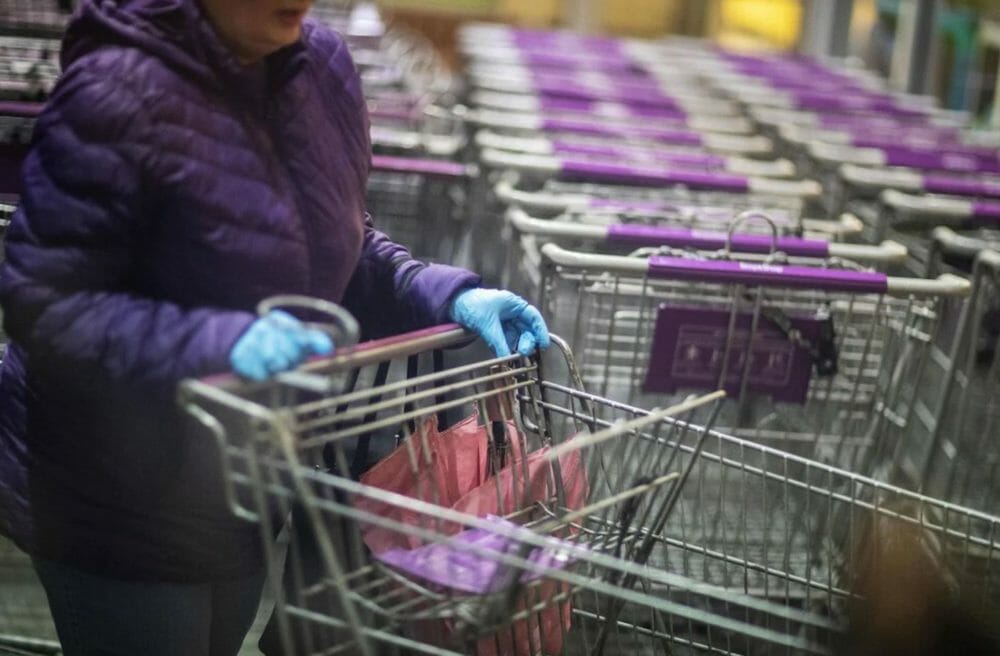The ongoing struggle with the coronavirus remains challenging.
With disruptions in the supply chain causing shortages of essential goods and consumers hesitant to venture out for non-essential items, the US economy is facing significant challenges. The impact is evident as consumer sentiment hits a record low.
In March, the consumer sentiment index fell to 89.1, marking the lowest point since October 2016. This represents a sharp decline of 12.1 points from February’s index of 101, surpassing economists’ predictions of a more moderate drop to 90. This unexpected decline highlights the severity of the economic repercussions of the coronavirus outbreak.
Richard Curtin, chief economist for the Surveys of Consumers, noted that March’s decline is the fourth largest drop in consumer sentiment in the past 50 years. He emphasized that the future trajectory of consumer sentiment in April will depend on the effectiveness of measures taken to contain the virus and the speed at which financial support reaches households grappling with economic challenges.
With the US now surpassing China and Italy in confirmed COVID-19 cases, businesses are facing closures, leading to a surge in unemployment claims. Record numbers of jobless claims were filed in recent weeks, particularly in states like California and New York. Despite the approval of a $2 trillion stimulus package, uncertainties persist about the economic outlook.
Curtin urged that while efforts to address health and financial challenges caused by the pandemic may alleviate growing pessimism, they may not necessarily restore optimism. He emphasized that there is no quick fix akin to a military victory that could abruptly end the crisis.













































